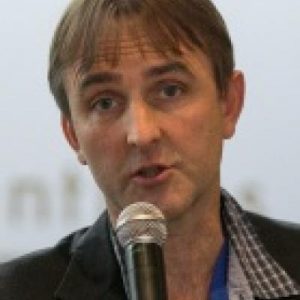Dietmar Stoian
Dietmar’s background is in value-chain research with a livelihoods perspective in Latin America, Africa and Asia. He has a keen interest in interdisciplinary research at the interface between biophysical and social sciences and achieving impact at scale through partnerships with governmental, non-governmental and private-sector organizations.
Over the past two decades, he has been advancing research and partnerships in relation to landscape management and restoration involving agroforestry systems based on cocoa, coffee, banana and other tree crops; community stewardship of tropical forests; and, more recently, sustainable food systems.
At ICRAF, he is progressing this agenda through collaborative projects spanning teams and disciplines, existing and new partnerships with development partners and investors, and the use of scaling science to inform scaling practice.
Trained as a forest scientist (MSc) and forest economist (PhD) at the University of Freiburg, Germany, Dietmar’s former assignments include Leader, Commodities Systems and Genetic Resources Programme and Senior Scientist, Value Chains and Private Sector Engagement at Bioversity International, Montpellier, France; Leader, Competitiveness and Value Chains Programme and Director, Center for the Competitiveness of Ecoenterprises (CeCoEco) at the Tropical Agricultural Research and Higher Education Center (CATIE), Turrialba, Costa Rica; Research Fellow at the University of Freiburg, Germany and Coordinator of the CIFOR-BMZ funded project on non-timber forest products in the Bolivian Amazon; and Forestry Advisor at the District Forest Office Gorkha, Nepal within the framework of the World Bank-funded Community Forestry Development Programme of HMG Nepal.














